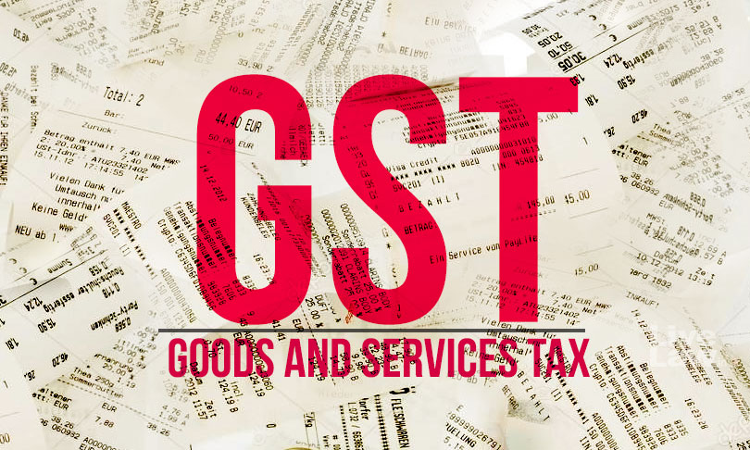- Home
- /
- News Updates
- /
- Know GST Rate On 7 Goods
Know GST Rate On 7 Goods
Mariya Paliwala
4 Aug 2022 5:51 PM IST
Based on the recommendations of the GST Council in its 47th meeting held on the 28th and 29th June at Chandigarh, the CBIC has issued clarifications with reference to the GST levy on various goods.5% GST on electrically operated vehicle The CBIC has clarified that an electrically operated vehicle is to be classified under HSN 8703 irrespective of whether the battery is not fitted...
Next Story



